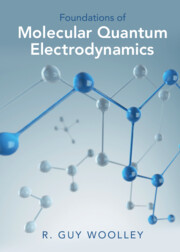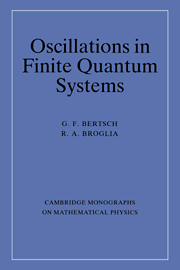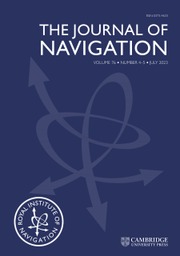Variational Principles and Methods in Theoretical Physics and Chemistry
This book brings together the essential ideas and methods behind applications of variational theory in theoretical physics and chemistry. The emphasis is on understanding physical and computational applications of variational methodology rather than on rigorous mathematical formalism. The text begins with an historical survey of familiar variational principles in classical mechanics and optimization theory, then proceeds to develop the variational principles and formalism behind current computational methodology for bound and continuum quantum states of interacting electrons in atoms, molecules, and condensed matter. It covers multiple-scattering theory, including a detailed presentation of contemporary methodology for electron-impact rotational and vibrational excitation of molecules. The book ends with an introduction to the variational theory of relativistic fields. Ideal for graduate students and researchers in any field that uses variational methodology, this book is particularly suitable as a backup reference for lecture courses in mathematical methods in physics and theoretical chemistry.
- Provides clear coverage of the applications of variational theory
- Consolidates the theory and methods using a common notation,
- Written by an expert in the field
Product details
January 2005Adobe eBook Reader
9780511007897
0 pages
0kg
20 b/w illus.
This ISBN is for an eBook version which is distributed on our behalf by a third party.
Table of Contents
- Preface
- Part I. Classical Mathematics and Physics:
- 1. History of variational theory
- 2. Classical mechanics
- 3. Applied mathematics
- Part II. Bound States in Quantum Mechanics:
- 4. Time-independent quantum mechanics
- 5. Independent-electron models
- 6. Time-dependent theory and linear response
- Part III. Continuum States and Scattering Theory:
- 7. Multiple scattering theory for molecules and solids
- 8. Variational methods for continuum states
- 9. Electron-impact rovibrational excitation of molecules
- Part IV. Field Theories:
- 10. Relativistic Lagrangian theories.





